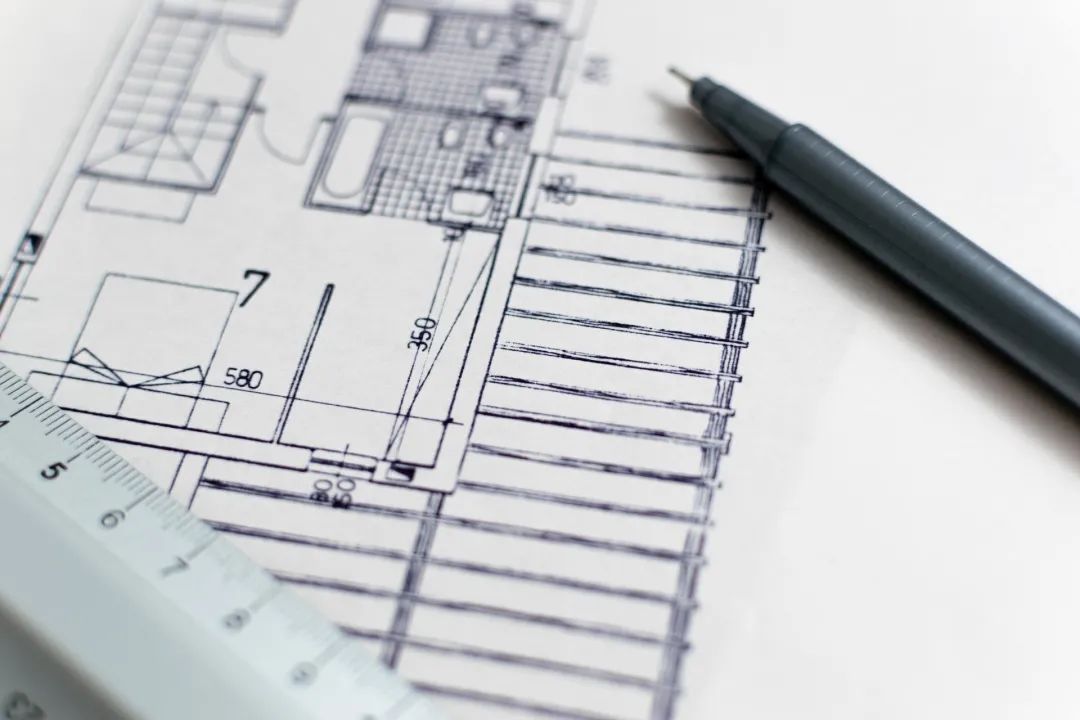7.
Highlight the nature of technical regulations, and clarify the mandatory indicators and basic requirements for design, construction, commissioning, acceptance and operation management from three aspects: energy-saving design of new buildings, energy-saving of existing buildings and utilization of renewable energy.
The mandatory engineering construction specification system must be strictly implemented, covering all kinds of construction projects in the engineering construction field.
The full text is mandatory.
3.
At the same time, several mandatory provisions related to current engineering construction standards have been abolished.
Carbon emission intensity has become a mandatory index 2.0.1: the average design energy consumption of new residential buildings and public buildings has been further reduced by 30% and 20% based on the energy-saving design standards implemented in 2016..
YouLV think tank believes that the code plays an important role in the construction industry’s response to the overall objectives of carbon peak in 2030 and carbon neutralization in 2060 proposed by General Secretary Xi, and has great reference value for the preparation of the “14th five year plan” energy conservation plan of the construction industry and the determination of medium and long-term carbon reduction objectives.
As an important measure for county and city construction in the next stage and achieving the double carbon goal, the general specification requires that new buildings should be equipped with solar energy system.
What are the key points of this specification that deserve attention? What impact will it have on building energy conservation and renewable energy utilization? YouLV think tank chooses its focus for interpretation.
As a mandatory requirement for building carbon emission calculation, the general code requires that the feasibility study report, building scheme and preliminary design documents of the construction project shall include the analysis report of building energy consumption, renewable energy utilization and building carbon emission.
In the full text of the mandatory engineering construction specification system, the project specification is the backbone, and the general specification is the provision of common and general professional key technical measures for various projects.
The content structure, element composition and main technical indicators are in line with the relevant technical regulations and standards of developed countries, and have generally reached the international advanced level.
The general specification takes the general technology of each discipline to realize the functional performance requirements of the engineering construction project as the object, and takes the general technical requirements of survey, design, construction, maintenance and maintenance as the main content.
What are the mandatory engineering construction specifications? In order to adapt to the general rules of international technical regulations and technical standards, since 2016, the Ministry of housing and urban rural development has successively issued opinions on deepening the reform of engineering construction standardization and other documents, proposing the long-term goal of the government to formulate mandatory standards and social organizations to formulate voluntary standards, It defines the reform task of gradually replacing the scattered mandatory provisions in the current standards with the full-text mandatory engineering construction specifications, and gradually forms a “technical regulations” system composed of the technical provisions in laws, administrative regulations and departmental rules and the full-text mandatory engineering construction specifications.
6.
The mandatory engineering construction specification system covers various construction projects in the field of engineering construction, which is divided into engineering project specifications (hereinafter referred to as project specifications) and general technical specifications (hereinafter referred to as general specifications).
Different from the current energy-saving standards in most regions, the average design energy consumption level has been reduced by 30% and 20% respectively on the basis of the current national and industrial standards for energy-saving design.
In the general specification, the efficiency of chillers, heat pump systems, multi on-line and other cold and heat source equipment shall be comprehensively improved.
Renewable energy utilization requires refinement of renewable energy system, and puts forward clear indicators and requirements for solar energy utilization, air source heat pump and ground source heat pump.
1) The average energy-saving rate of residential buildings in severe cold and cold areas should be 75%; 2) The average energy saving rate of residential buildings in other climatic areas shall be 65%; 3) The average energy saving rate of public buildings shall be 72%.
Compared with the current lighting standards, the lighting power density shall meet the target value requirements and further reduce the building operation energy consumption.
This is the only national mandatory specification in the field of building energy conservation and renewable energy utilization.
5.
At different stages of the project, carbon emission calculation and analysis shall be carried out and strictly implemented.
This code must be implemented for the design, construction, acceptance and operation management of building energy conservation and renewable energy building application systems of new, reconstructed and expanded buildings and existing building energy conservation reconstruction projects.
On October 13, 2021, the Ministry of housing and urban rural development officially issued the national mandatory code general code for energy conservation and renewable energy utilization in buildings gb55015-2021 (hereinafter referred to as the energy conservation code), which will be implemented from April 1, 2022.
The general code for building energy conservation and renewable energy covers a wide range of contents, including new buildings, existing buildings, renewable energy systems, construction commissioning acceptance and operation management.
Compared with the unified standard for energy efficiency design of industrial buildings (gb51245-2017), the energy efficiency design index of industrial buildings with heating and air conditioning system in Zone A is added in the general specification, the scope of application of the industrial standard is expanded, and the industrial buildings in mild areas are strictly implemented.
In 2021, the Ministry of housing and urban rural development has issued 37 mandatory engineering specifications, all or part of which must be strictly implemented.
The energy-saving design level of new buildings has been further improved.
On August 25, 2000, the Ministry of housing and urban rural development issued the provisions on the supervision of the implementation of mandatory standards for engineering construction, which clearly requires that “mandatory standards for engineering construction must be implemented when engaging in new construction, expansion, reconstruction and other engineering construction activities within the territory of the people’s Republic of China.” the provisions were revised twice on January 22, 2015 and March 30, 2021, and have been used to this day.
Technically speaking, building energy conservation follows the principle of giving priority to passive energy conservation measures, on the premise that the necessary quality of work and life cannot be reduced.
4.
When designing the solar photovoltaic power generation system, the installed capacity and annual total power generation of the system should be given.
The full text of the general specification is mandatory and must be strictly implemented! 2.
Key points of the specification 1.
After the implementation of the mandatory engineering construction specification, the mandatory provisions in the current relevant national standards and industrial standards for engineering construction shall be abolished at the same time.
The project specification takes the whole engineering construction project as the object, and the five elements of project scale, layout, function, performance and key technical measures as the main content.
The efficiency and lighting requirements of HVAC system shall be comprehensively improved.
Significance and background of the general code for building energy conservation and renewable energy utilization the general code for building energy conservation and renewable energy utilization was launched to implement the national laws and regulations on energy conservation, ecological environment protection and climate change, implement the decision-making and deployment of carbon peaking and carbon neutralization, improve the utilization efficiency of energy resources and promote the utilization of renewable energy, Reduce building carbon emissions, create a good indoor environment, and meet the needs of high-quality economic and social development.
and other units to draft 40 engineering specifications such as specifications for urban and rural water supply projects, And solicited opinions from the public in February 2019.
The energy conservation code implements the spirit of reforming and improving the engineering construction standard system, and plays an important role in improving the construction quality and promoting the high-quality development and green development of the construction industry.
166) on the construction of China’s full-text mandatory engineering construction specifications (hereinafter referred to as engineering specifications), the Ministry of housing and urban rural development organized China Urban Construction Research Institute Co., Ltd.
In accordance with the system requirements of the opinions of the Ministry of housing and urban rural development on deepening the reform of Engineering Construction Standardization (JB [2016] No.
The general code has improved the thermal performance limit requirements of residential buildings and public buildings.
The scope of application of the standard can be seen from the general provisions that the scope of application of this specification is “design, construction, acceptance and operation management of building energy conservation and renewable energy building application system of new, expanded and reconstructed buildings and existing building energy conservation reconstruction projects”, involving new buildings, existing buildings, renewable energy system Construction commissioning acceptance and operation management.


